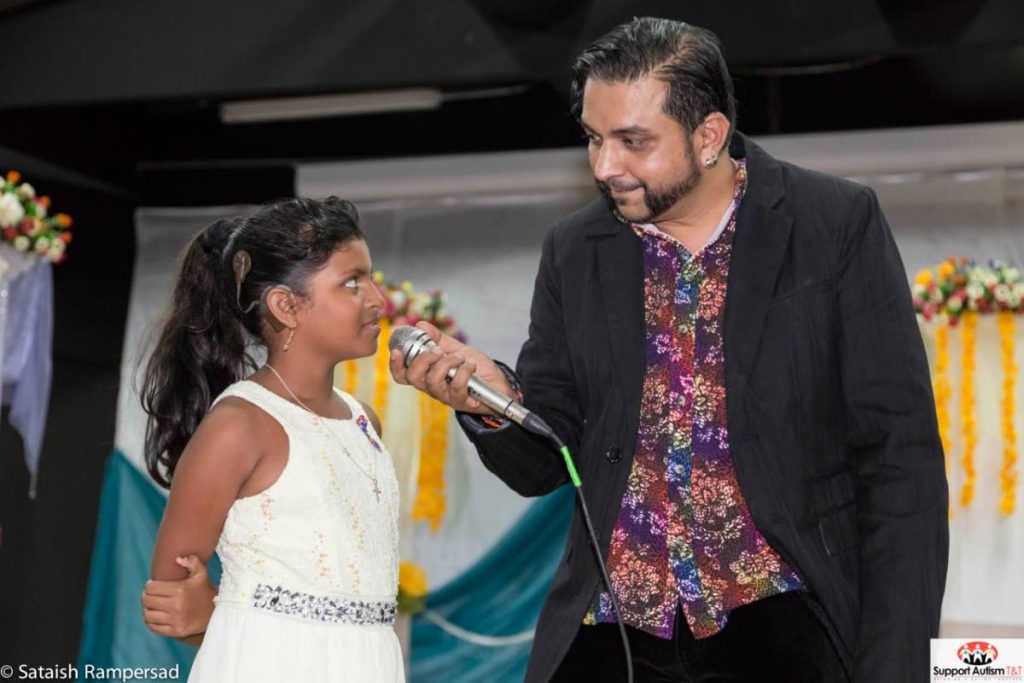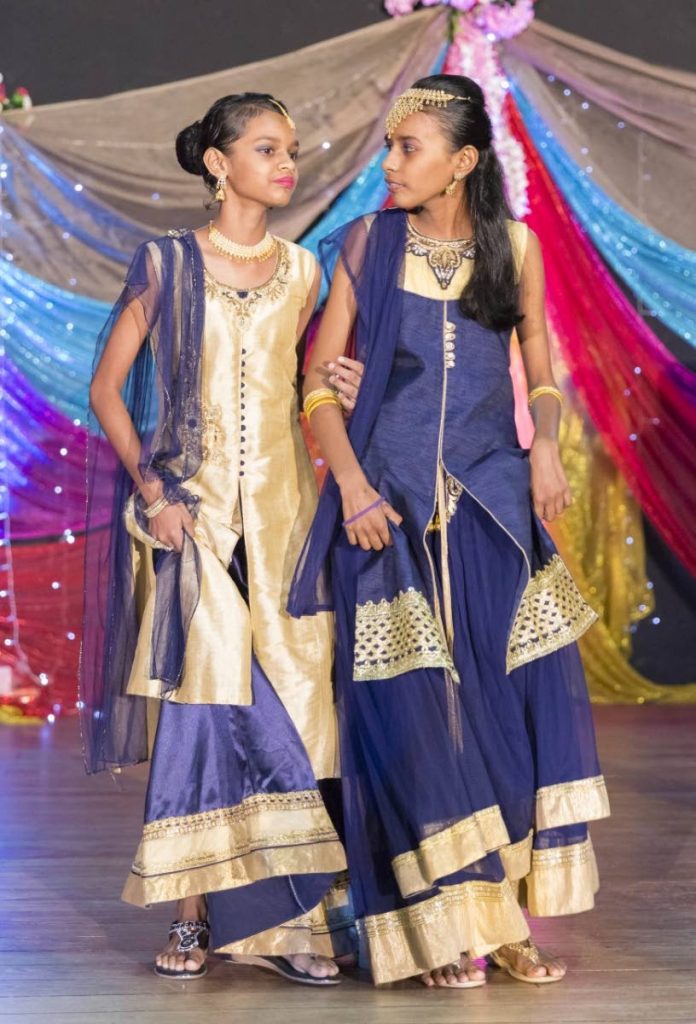Raising a girl with autism

DR RADICA MAHASE
CAROLINE’S daughter Eliza is 16 years old and she is on the autism spectrum.
Caroline said, “My daughter is the love of our life, our best friend and our faithful companion. When she was diagnosed at three years old my husband refused to accept the diagnosis, and six months later, when we went back to the doctor, he asked the doctor if she’s normal now. It took a couple of years until he really accepted that our daughter was different. Since then he has embraced the challenge and he really does everything he can to give her what she needs to develop and to become independent.”
Caroline continued, “However, as Eliza gets older we realise that the problems are getting bigger. When she was younger he would take her out anywhere by himself but now that she’s a teenager he can’t go to the shopping malls and cinemas with her alone. You see, if she wants to go to the washroom someone has to go with her, and where will he take her? A grown-up man in a ladies' washroom isn’t accepted, and he can’t take her into the men’s washroom.
"Simple things like helping her shower and changing her clothes are things that he needs to think twice about now because after all, she is a teenager who’s developing physically. So now we have different kinds of challenges to deal with.”

On October 11, TT, along with the rest of the world, will celebrate International Day of the Girl. According to the UN, “The day aims to highlight and address the needs and challenges girls face, while promoting girls' empowerment and the fulfillment of their human rights.”
A 2017 study by R Loomes, L Hull and W Mandy found that the male-to-female ratio of individuals with autism was 3:1 internationally. While statistical data is unavailable for the whole of TT, a study –A comprehensive investigation of Autism Spectrum Disorder in TT by Rishi Ramcharan and me revealed that only 20 per cent of the sample population were girls. The male-to-female ratio was 4:1. Various theories have been put forward to account for the lower number of girls as opposed to boys who are diagnosed with autism such as: autism assessment tools are usually based on male characteristics, leading to underdiagnosis in females, biological factors such as genetics, etc.
In reality it doesn’t matter how low the number of girls (and women) with autism in TT. What is important is that there are varied issues and challenges when it comes to raising a girl child with autism as well as other special needs that we are yet to address as a nation.
In Eliza’s situation, what happens when she is out with her daddy alone and she needs help to go to the washroom? While some shopping malls, such as C3 Centre, have family washrooms, these are lacking in most public places.
Another parent, Chris, father of 17-year-old Jess, said, “My biggest concern is my daughter’s safety. Jess may have a teenager’s body but she has the mind of a three-year-old. She is very playful and she will rush to hug anyone.
"We have been trying to teach her concepts of personal space as well as good and bad touch but she hasn’t grasped that as yet. She is a very pretty girl and you can’t tell that she has autism until you interact with her. When we are out in public I see grown-up men checking her out and I panic, because how do I protect her? She is unable to communicate verbally and she is unaware of danger. I have had so many sleepless nights thinking, how do I protect my angel?"
Here in TT, we haven’t even begun to look at the gendered aspect of autism. At a national level, autism is only now slowly entering the public discourse and we are lacking resources at all levels. Thus, when we speak of autism, we speak of both male and female; we are yet to consider that each gender might have unique issues, challenges and problems and that solutions might need to differ according to gender. As we celebrate International Day of the Girl, let’s ask how are we providing for the basic needs of Eliza and Jess and other girls with autism? What are we doing to empower girls with special needs?
Dr Radica Mahase founder/director, Support Autism T&T

Comments
"Raising a girl with autism"